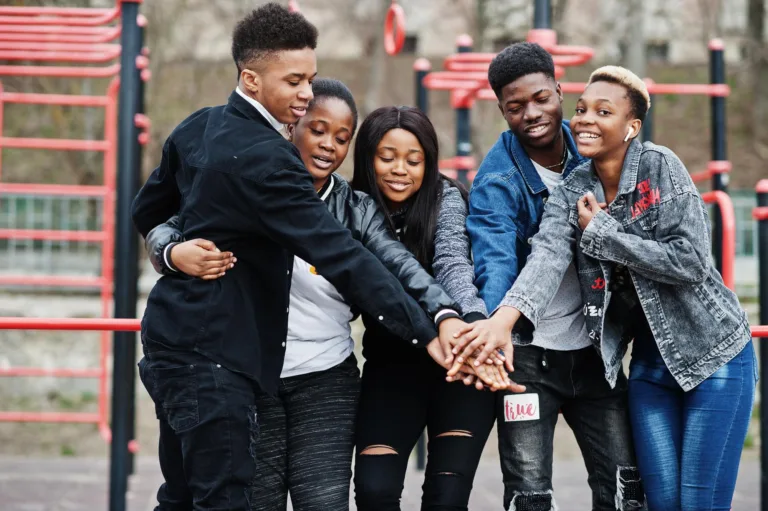Since the earliest settlements in America, Black Americans have influenced every aspect of the nation’s culture, including religion, literature, music, film, art, cuisine, dance, athletics, and more. As Black History month kicks off today, we’re going to look at:
1. Multilingual African American Persons of Influence
2. The influence of African American Culture on American English.
1. Multilingual African American Persons of Influence
- Angela Davis was a civil rights activist and educator. She spoke English, French and studied German at the University of Frankfurt.
- Marian Anderson was the first black person to sing with the New York Metropolitan Opera company. Due to limitations from the Jim Crow laws in the U.S., she traveled to Europe to further her career. In Europe, she studied French, Italian and learned German while living in Berlin.
- Lewis Howard Latimer. Born in 1848, he was a patent expert, inventor, scientist, and was an assistant to Thomas Edison and Alexander Graham Bell. He was fluent in German and French.
- Paul Robeson could converse in 20 languages and was fluent in 12 languages. He was a civil rights activist, writer, concert singer, athlete and actor. He was a Stalin Peace Prize laureate and a winner of the Spingarn Medal, which is awarded to African-Americans by the NAACP for outstanding work.
- Colin Powell was a former commander of the U.S. Armed Forces command, Chairman of the Joint Chiefs of Staff, Secretary of State, National Security Advisor. He spoke Yiddish and English.
- Shirley Chisholm was a fluent Spanish speaker, and the first African-American to be elected to the House of Representatives in 1968.
- W.E.B. Dubois. Was a 19th and 20th century writer, activist and educator who taught Literature, English and French. He was the first among African-Americans to have a Ph.D. from Harvard University. He was also the founder of National Association for the Advancement of Colored People (NAACP).
2. The Influence of African American Culture on American English
African American Vernacular English (AAVE) is a dialect spoken by some communities of African Americans in the United States. The AAVE distinguishes itself from standard English with its unique grammatical structure, pronunciation, and vocabulary and has been the subject of much linguistic research as well as debates of what the “proper” way to speak is. Regardless of one’s personal opinion on the AAVE, it is impossible to deny the influence it has had on American English. “Every speaker of American English borrows heavily from words invented by African Americans, whether they know it or not,” said Henry Louis Gates Jr., director of the Hutchins Center for African and African American Research. “There’s a kind of elegance to a lot of Black expressive speech, getting to complex ideas in simple ways, and sometimes using the same word with different inflections to mean multiple things,” says Adam Bradley, advisory board member for the Official Dictionary of African American English.
Here are some examples of the most common AAVE words and phrases that have made their way into many channels of mainstream speech in America:
- Lit = exciting or fun
- Bad = good or really good
- Bae = term of endearment for a significant other
- Fam = close friends or family members
- Dig = to understand or appreciate
- Hood = neighborhood, often where someone grew up
- Hip = cool, fashionably current
If you find yourself (and you most likely will) in a situation where you aren’t familiar or comfortable with a dialect, take a moment to remember that there is cultural significance behind the way every human speaks. An article by KOJII Languages sums it up well:
“When it’s all said and done, language reflects identity. It reflects a person’s background, culture, beliefs, and overall identity. The words we use, the way we pronounce them, and the structures we use to create coherent sentences are all reflections of ourselves. To give this up means to surrender our identity.”
If you want your child to learn the Spanish, French or Mandarin language as well as the culture that surrounds it, sign your child up for Cultural Bytes one-on-one classes where they will be taught by a qualified, native-speaking teacher.








